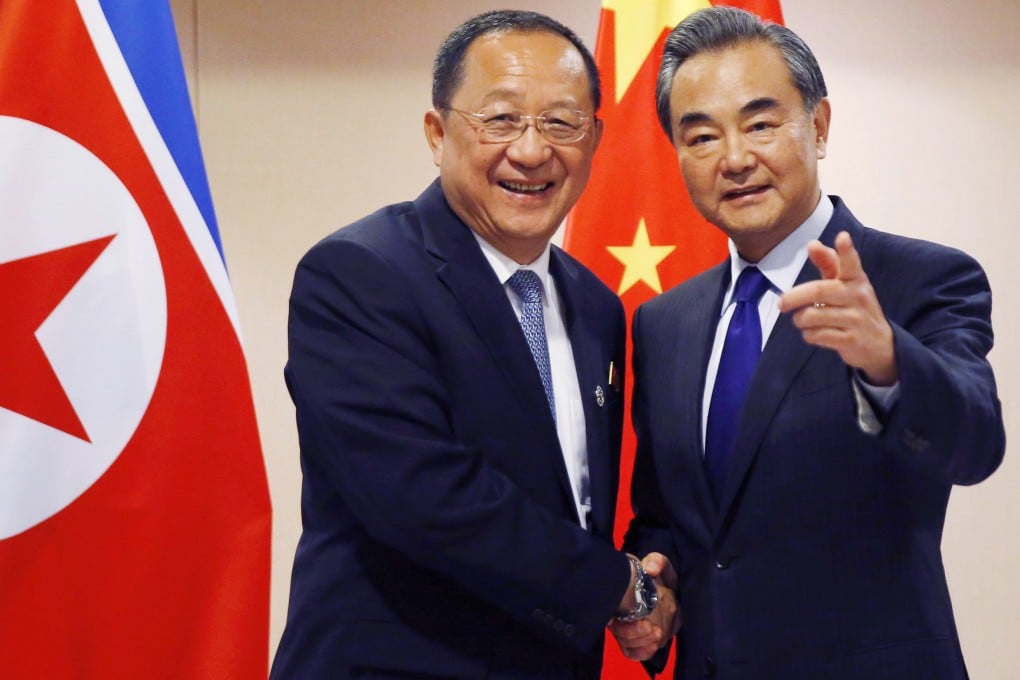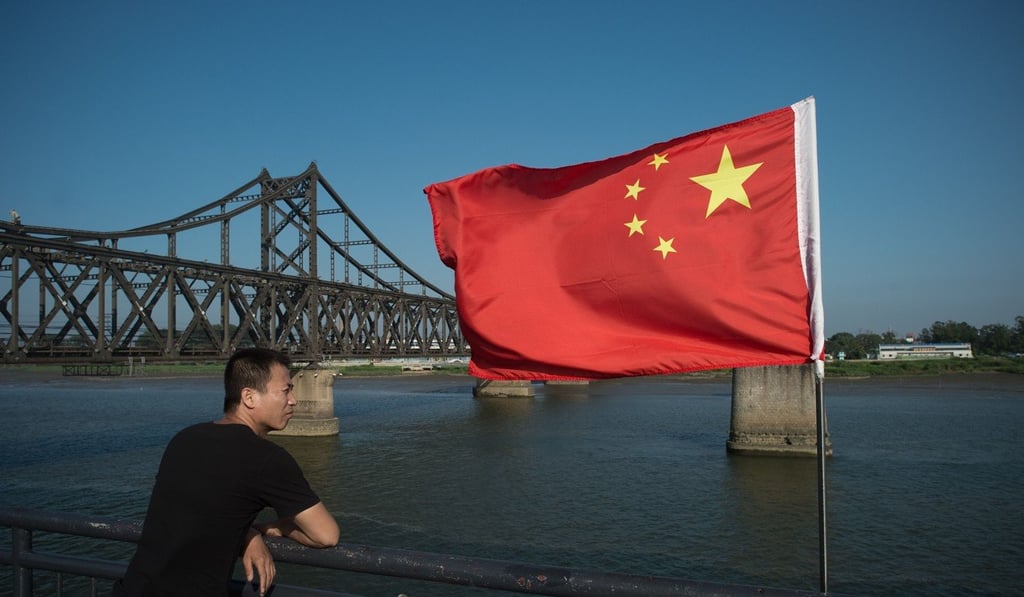Opinion | Trade ties drive China’s delicate dance around North Korean nuclear threat
Adam Cathcart says China’s long-term strategy remains tied to the nurturing of an entrepreneurial class in North Korea and free trade zones along the frontier

Since the Korean war, China’s relationship with North Korea has been populated with a rich array of metaphors.
The two nation’s ties are described variously as being close as lips and teeth, connected by rivers and mountains and forged in the blood bonds of brotherhood – an alliance which is intended to deter attacks from wolfish imperialists.
Since China voted to support the implementation of the latest United Nations sanctions against North Korea, these metaphors appear to have gone seriously askew. As North Korea brandishes ever more passionately its own patented threats and metaphors of nuclear weapons as the country’s “treasured sword”, the relationship with China is again under great strain.

One incident along the 1400-km shared border appears to have captured the current ethos, offering a new metaphor for the relationship – trucks full of frozen squid from North Korea stopped at a Chinese customs point near Hunchun and turned back. Squid was one of the more lucrative non-mineral commodities which the North Koreans could export legally into China, but under the new resolution, it can no longer be sold there.
Like that squid, China’s relationship with North Korea is in a highly uncomfortable state of transition, but can still be salvaged and even become lucrative. It is too early to declare a full rupture of relations, but it is also too late to say that the relationship can emerge undamaged from recent events.

